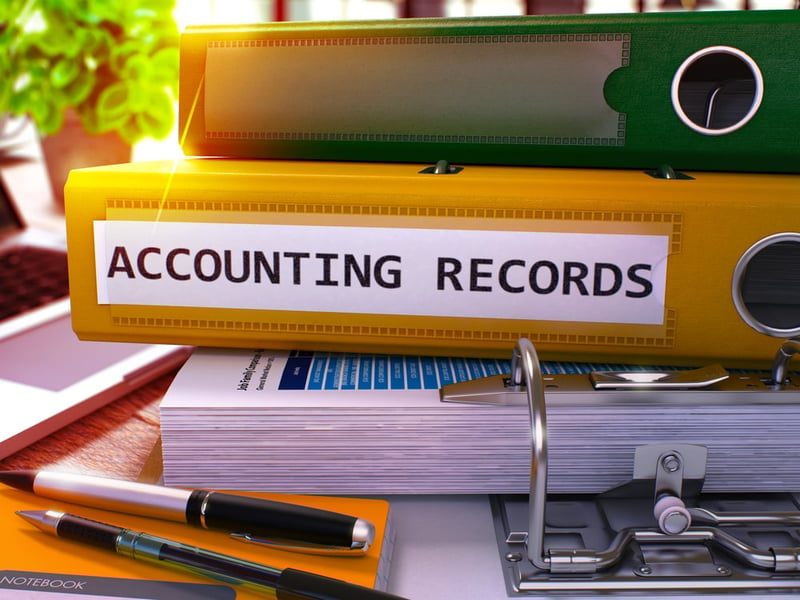
If you have owned a business for a number of years and now need an appraisal to sell the company, apply for financial assistance, or bring in new investors, you will need to have reliable financial documentation that provides historical performance details.
The most common records you will need are income statements, balance sheets, and tax filing records. You can provide further information by responding to a series of typical questions the valuation professional will ask during the process, that will give additional perspective on how to view these documents and make discretionary adjustments to the income and expenses of the business.
The appraiser will ask for 3-5 years of these filings, and they should be developed by an outside accounting agency or internal company controller. If you find yourself in a position where these records are not current, or poorly documented, you will need to determine the best way to update them, otherwise, the appraiser may not be able to assist you.
One option is to hire a forensic accountant or bookkeeper who can go through all the business receipts and related paperwork in an effort to develop formal documents which can be utilized for the appraisal as well as support these transactions. A potential buyer, financial institution, or investor is not going to blindly give you funding if the historical performance of the company is not well-detailed and documented.
Keep in mind the appraisal firm you engage with cannot actively participate in the development of these documents since they need to remain independent and unbiased when estimating their value opinions. As a business owner, you will know far more than anyone about the previous performance of the company as well as have access to the records needed to put these documents together. Whether you decide to take this project on yourself or work with an outside agency or internal employee, your direct involvement in the process will be critical.
Regardless of your immediate desire to put the business on the market, or look for new capital funding alternatives, take the time now to review your business records and determine if they are accurate and up to date. Even if they are, take further steps to organize a file to consolidate and provide easy access to, all the historical financial records of the company so that when the time comes, you will be prepared to move forward.
If you are unsure of the steps needed to complete this effort, contact a certified accountant or appraiser who can discuss the process further and give you informal advice that gets you on the right track.








